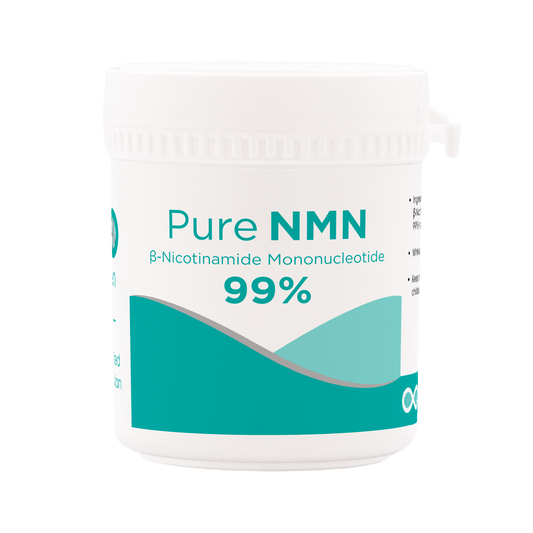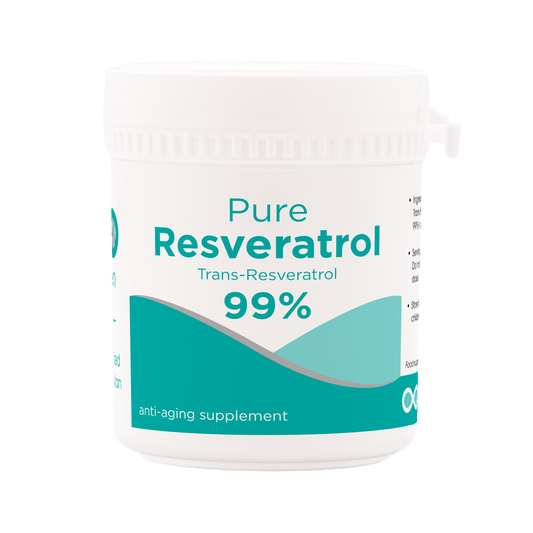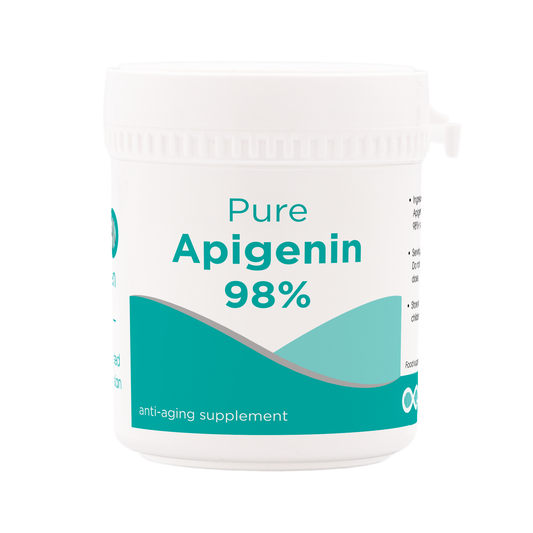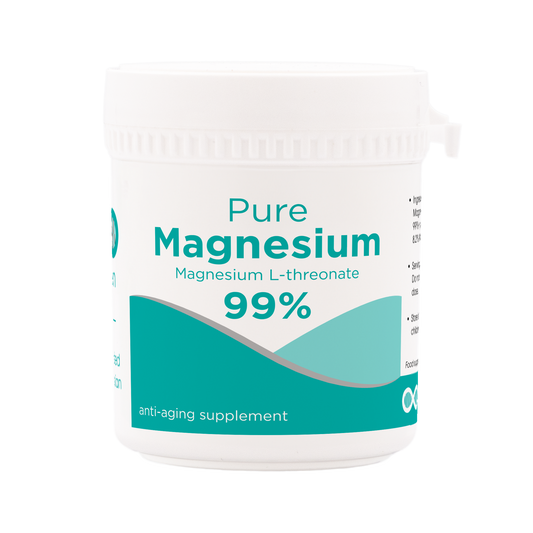Astaxanthin 5% powder
Astaxanthin 5% powder
Regular price
€13.00
Regular price
Sale price
€13.00
Unit price
€1.30
per
g
Tax included.
Shipping calculated at checkout.
 We ship orders within 2 business days.
We ship orders within 2 business days.
Couldn't load pickup availability
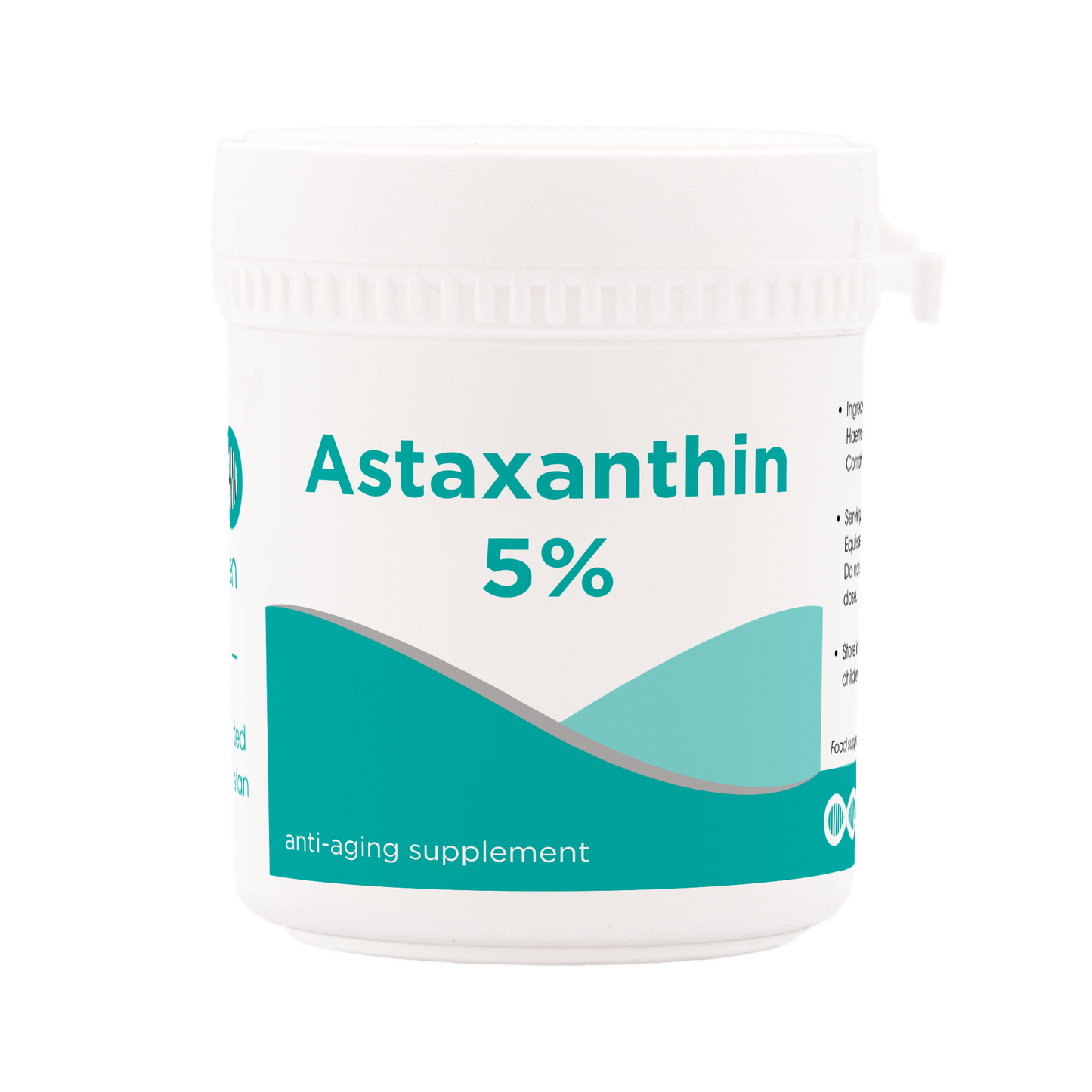
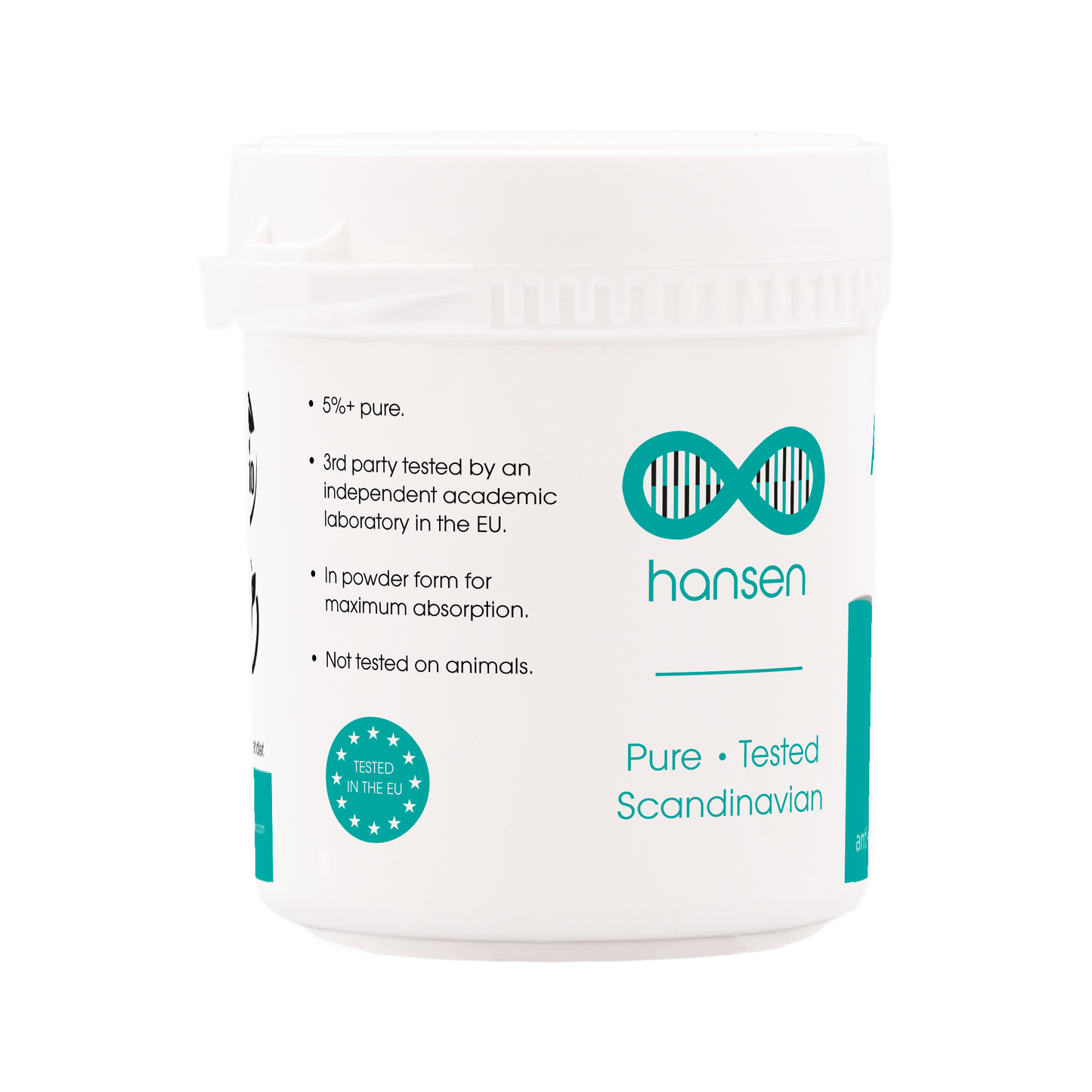
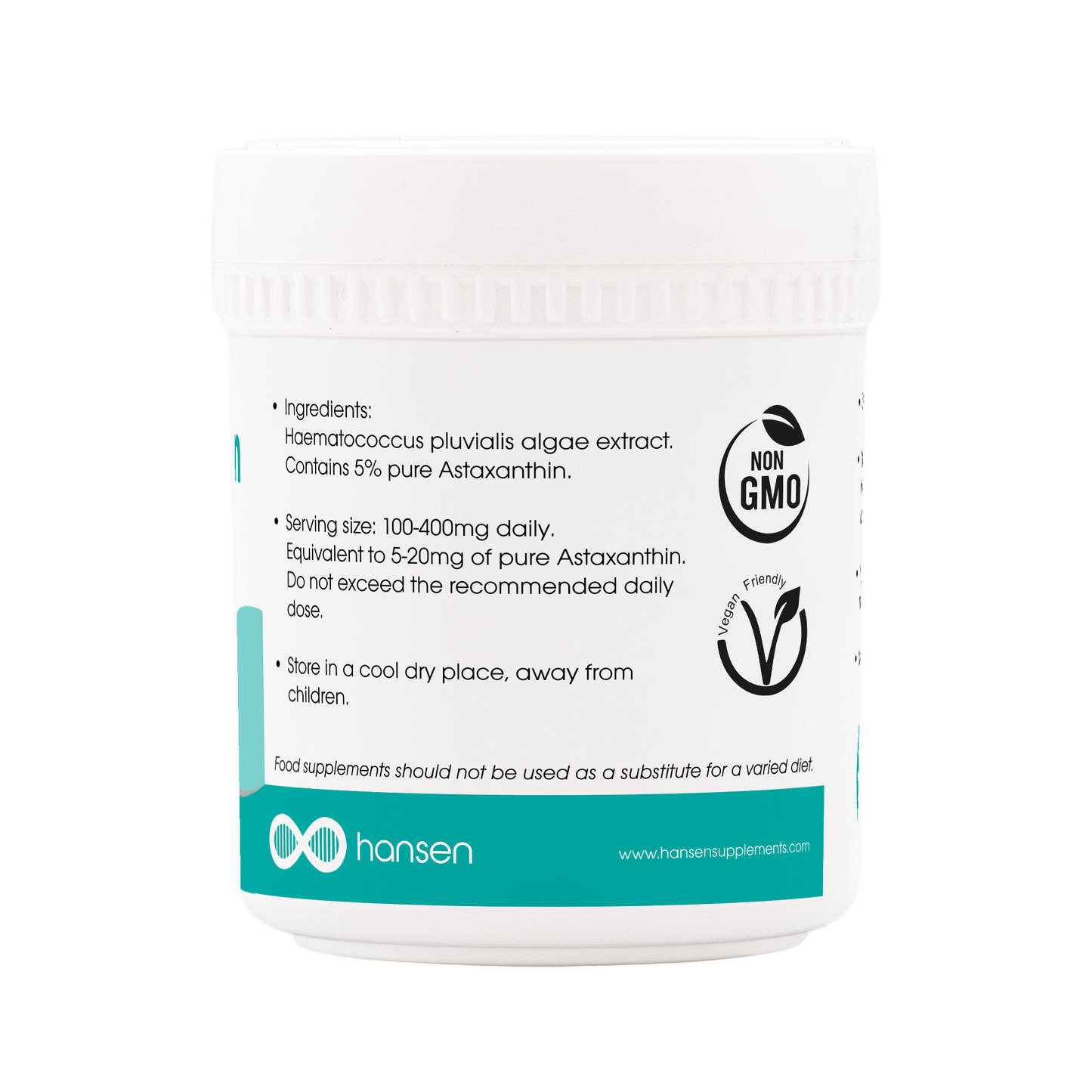
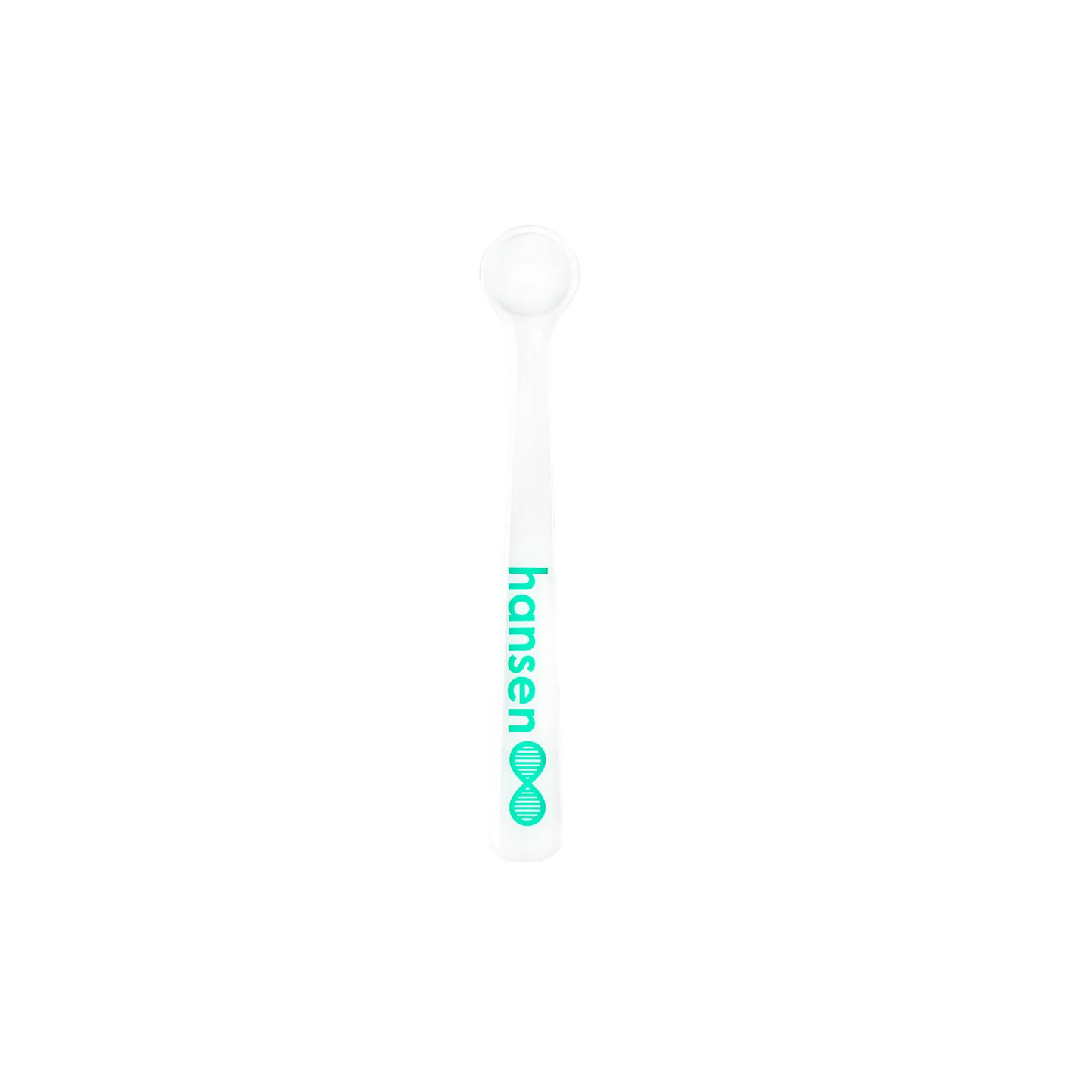
Collapsible content
Product overview
Astaxanthin (C40H52O4) is a chemical compound found naturally in microorganisms and fungi. While most Astaxanthin is extracted from algae, it can also be found in seafood, such as crab, shrimp, and fish. Astaxanthin is a strong antioxidant said to prevent cardiovascular disease, improve blood vessel wall elasticity, but also potentially counteract neurodegenerative conditions, diabetes, and more.
These statements have not been evaluated by the Food and Drug Administration or MHRA. This product is not intended to diagnose, treat, cure, or prevent any disease. Food supplements should not be used as a substitute for a varied diet.
Dosing and storage
Quality
Shipping
Learn more about Astaxanthin
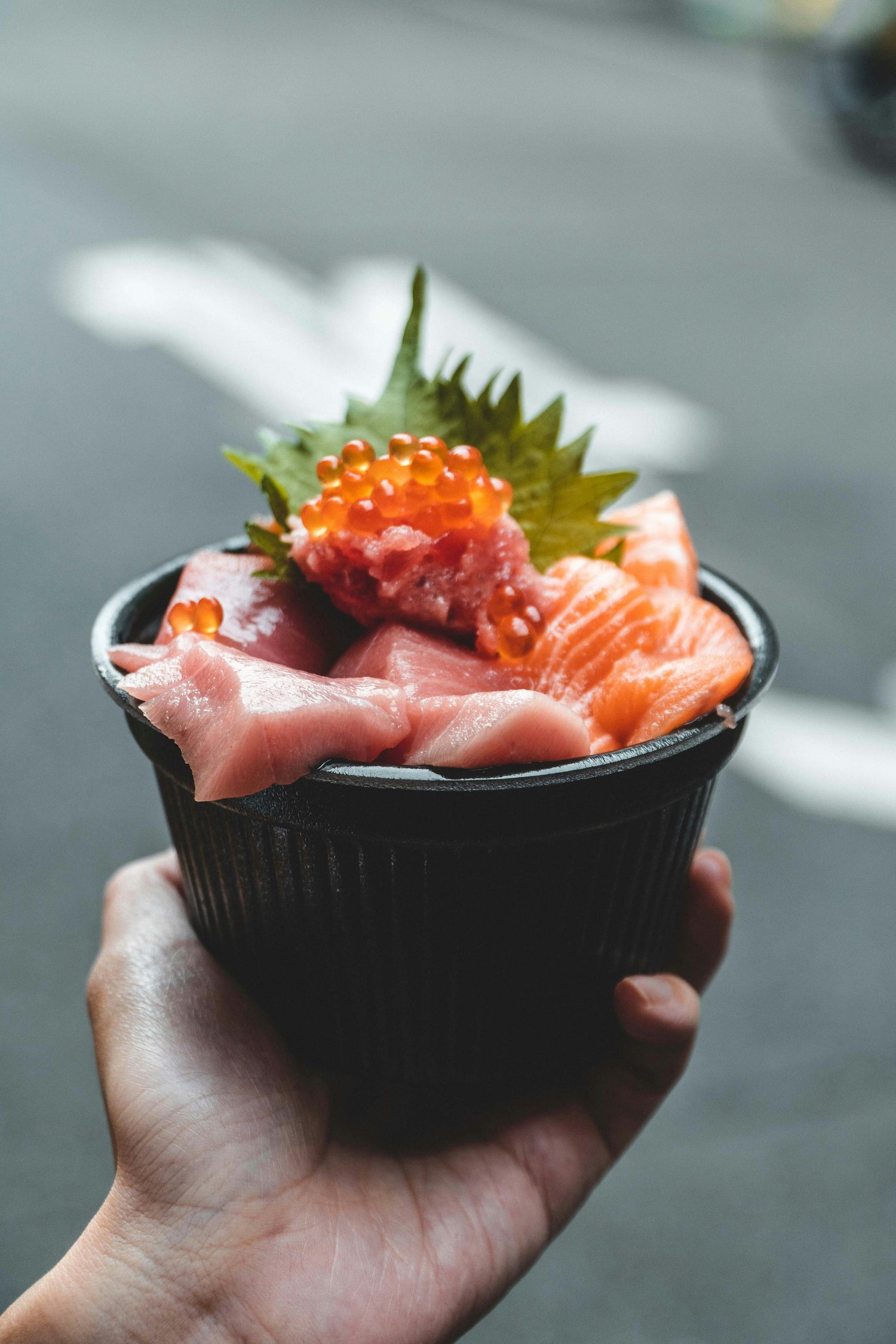
What is Astaxanthin?





